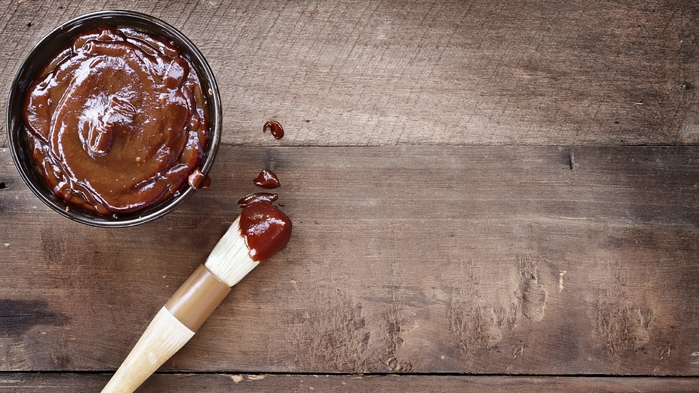It’s well-known that too much sugar is not healthy. Many people realize they are consuming extra sugar when they add two packets of it to their coffee every day, or they grab gummy worms as an afternoon snack. These are conscious decisions to consume sugar, but what about the foods with hidden sugar?
The American Heart Association recommends a maximum amount of added sugars daily: 6 teaspoons (24 grams) for women and 9 teaspoons (36 grams) for men. On average, Americans eat 20 teaspoons (84 grams) of added sugar every day, the equivalent of 320 calories.
Novant Health has launched Sweet Retreat, its first ever Web challenge that gives participants a 10-day plan to cut all added sugar from their diets. Added sugars are those that are added to foods, the most common being regular table sugar and high fructose corn syrup.
More than 6,500 people have signed up to participate in the Sweet Retreat . Registration is currently open for the second round of the challenge, which begins on Monday, May 16.
Many people may be surprised about which foods have added sugar. Barbecue lovers are probably unaware that there is about 13 grams of sugar in every two tablespoons of barbecue sauce. “Most of us would use more than two tablespoons for just one barbecue sandwich, so imagine how many grams of sugar are hidden in the half rack of ribs you might order at dinner,” said Alice Smith, a Novant Health registered dietitian.
“Yogurt is a healthy dessert alternative when you compare it to a slice of cake or bowl of ice cream, but it has about 27 grams of sugar,” Smith added. “Yes, it is a dairy product, but it’s filled with sugar.”
Smith suggested using nonfat Greek yogurt brands, which only have 6 grams of sugar depending on which brand you purchase. She also suggested buying flavored yogurt, instead of the kind with the fruit or jam on the bottom, as those contain extra sugar.
Pasta sauce and ketchup also contain more hidden sugar than you might think. There are 12 grams of sugar in every half cup of sauce, and ketchup has 4 grams of sugar in each tablespoon. “Ketchup with reduced sugar tastes identical to traditional ketchup and has about 75 percent less sugar. It’s a win-win,” Smith said.
“There’s no secret that there is a ton of sugar in soda, even diet sodas,” she said. “There are actually 39 grams of sugar in diet soda, and about 33 grams of sugar in caffeinated soda. Even reduced sugar sodas have 18 grams of sugar, but it’s the best option if you are really craving one.”
Alarmingly, a 1.5-ounce box of raisins has 25 grams of sugar. “Cranberries are really no better either,” Smith said. “A one-third cup of dried cranberries is about 26 grams of sugar. Sure, it sounds like a healthy snack, but a better alternative is a 1-ounce serving of banana chips, which only has 10 grams of sugar.”
And what about those oh-so-popular smoothies?
“I am a smoothie fanatic and I have one almost every day, but you have to be so careful about what you put into it if you make it yourself or if you buy prepackaged ones from the store, or even if you go to a smoothie bar,” she said. “Some prepackaged smoothies can have about 32 grams of sugar, but if you stick to the smoothies that have more greens, like kale or spinach, the sugar content will decrease.”
Smith said that coconut water or coconut milk is a great way to give smoothies a sweeter taste but with less sugar. Adding fresh parsley or mint leaves to a smoothie can also help keep your smoothie low on sugar.
“You should also be careful about granola bars,” the dietitian noted. “Some bars have as much as 43 grams of sugar in just one bar, but some granola bars only have 4 grams of sugar. You really just need to be careful and look at your labels when purchasing granola bars and cereal.”
Smith said you can reduce your sugar cravings by being active. “Sometimes mindless activities like watching TV, chatting or sitting at your desk leads to excessive eating, especially those sugary snacks,” she said. “It’s important to get up and take a walk. Doing something active can take your mind off the fact that you want sugar.”
To register for the Sweet Retreat, visit NovantHealth.org/SweetRetreat . Throughout the challenge, Smith will send daily emails with tips and tricks for removing added sugars from your diet. You'll also be able to access an accompanying blog with tasty recipes.




